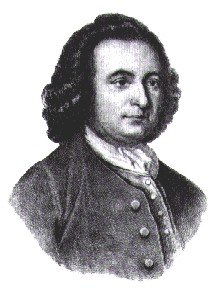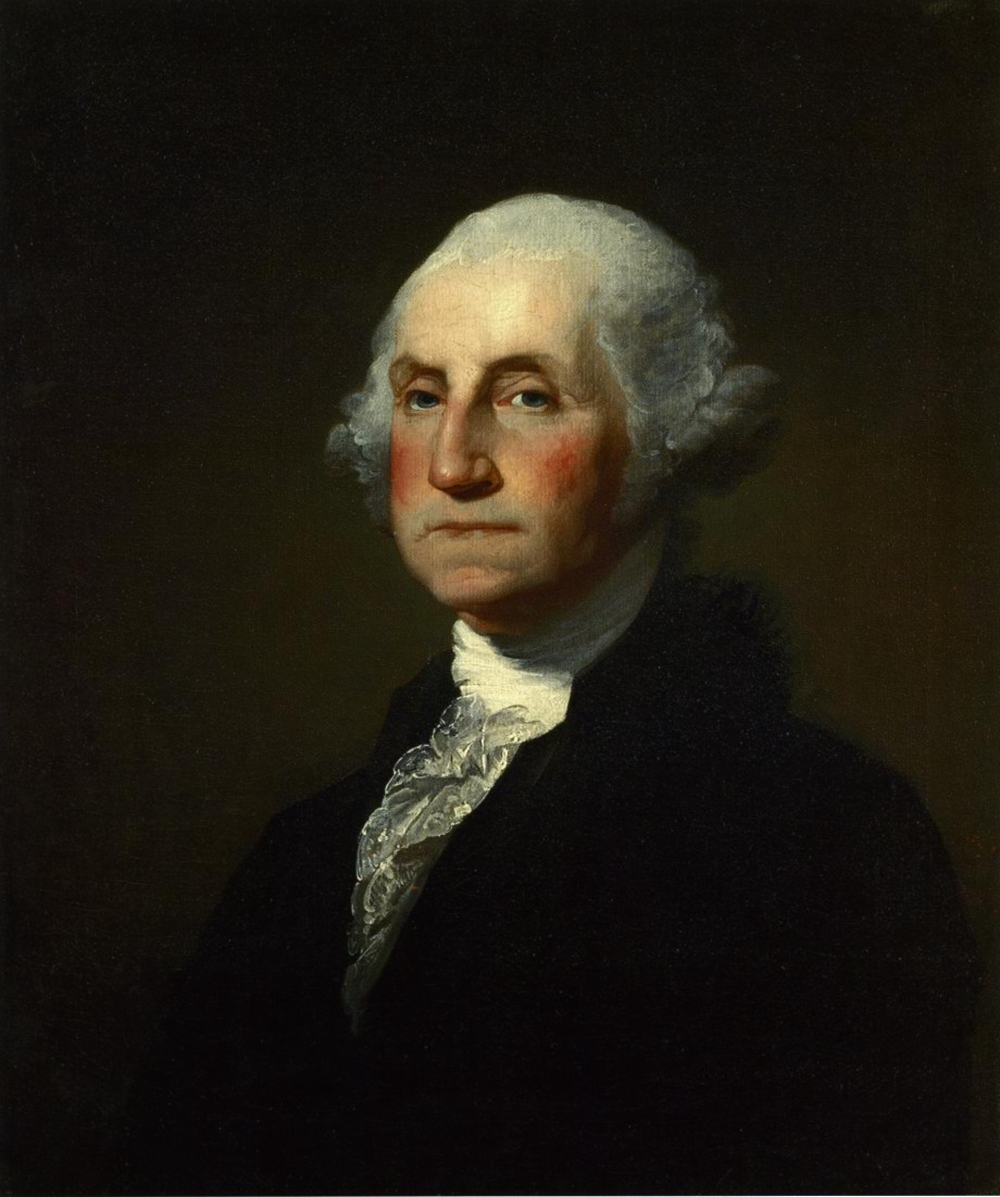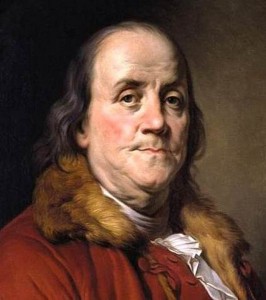 Today we continue our Words From Our Founders series examining the Founding Fathers’ own words on religion, religious liberty, and virtue.
Today we continue our Words From Our Founders series examining the Founding Fathers’ own words on religion, religious liberty, and virtue.
Last week we wrote about George Mason’s work on the Virginia Declaration of Rights and ultimate influence on the U.S. Bill of Rights. Below is the original draft Mason wrote concerning virtue and religious freedom for the Virginia Declaration of Rights. It offers a little more insight into Mason’s beliefs about God and the free exercise of religion.
George Mason’s Original Draft (written May 20 – 26, 1776):
A Declaration of Rights, made by the Representatives of the good People of Virginia, assembled in full Convention; and recommended to Posterity as the Basis and Foundation of Government. …
That no free Government, or the Blessings of Liberty can be preserved to any People, but by a firm adherence to Justice, Moderation, Temperance, Frugality, and Virtue and by frequent Recurrence to fundamental Principles.
That as Religion, or the Duty which we owe to our divine and omnipotent Creator, and the Manner of discharging it, can be governed only by Reason and Conviction, not by Force or Violence; and therefore that all Men should enjoy the fullest Toleration in the Exercise of Religion, according to the Dictates of Conscience, unpunished and unrestrained by the Magistrate, unless, under Colour of Religion, any Man disturb the Peace, the Happiness, or Safety of Society, or of Individuals. And that it is the mutual Duty of all, to practice Christian Forbearance, Love and Charity towards Each other.
Final Draft Ratified in Virginia on June 12, 1776
Made by the Representatives of the good People of Virginia, assembled in full and free Convention, which rights to pertain to them and their posterity as the basis and foundation of government. …
XV. That no free government, or the blessing of liberty, can be preserved to any people, but by a firm adherence to justice, moderation, temperance, frugality and virtue, and by a frequent recurrence to fundamental principles.
XVI. That religion, or the duty which we owe to our Creator, and the manner of discharging it, can be directed only by reason and conviction, not by force or violence; and therefore all men are equally entitled to the free exercise of religion, according to the dictates of conscience; and that it is the duty of all to practice Christian forbearance, love and charity towards each other.
Filed under: Words From Our Founders on January 16, 2014 by Jerry
Comments Off on Words From Our Founders: George Mason, Part 2



 Today we continue our Words From Our Founders series examining the Founding Fathers’ own words on religion, religious liberty, and virtue.
Today we continue our Words From Our Founders series examining the Founding Fathers’ own words on religion, religious liberty, and virtue. Today we continue our Words From Our Founders series examining our Founding Fathers’ own words on religion, religious liberty, and morality.
Today we continue our Words From Our Founders series examining our Founding Fathers’ own words on religion, religious liberty, and morality.